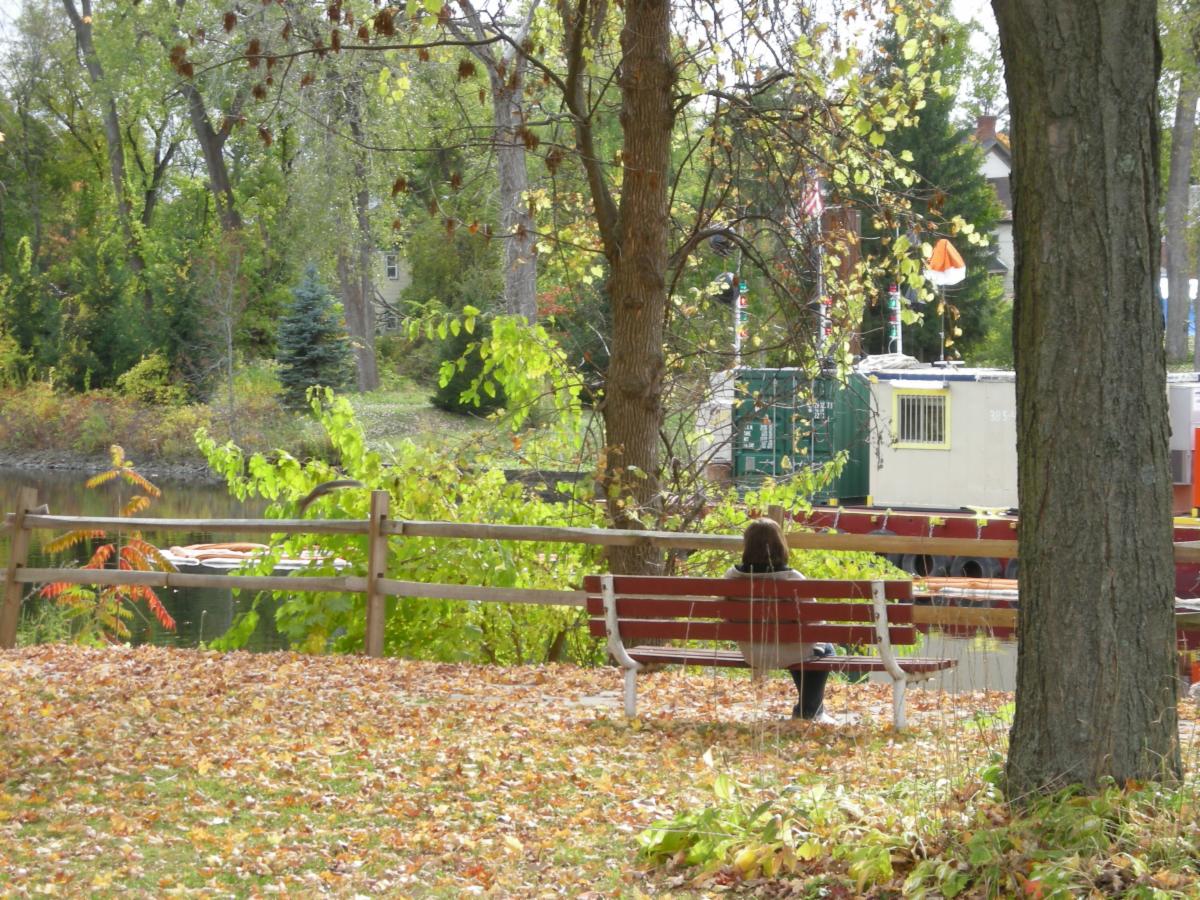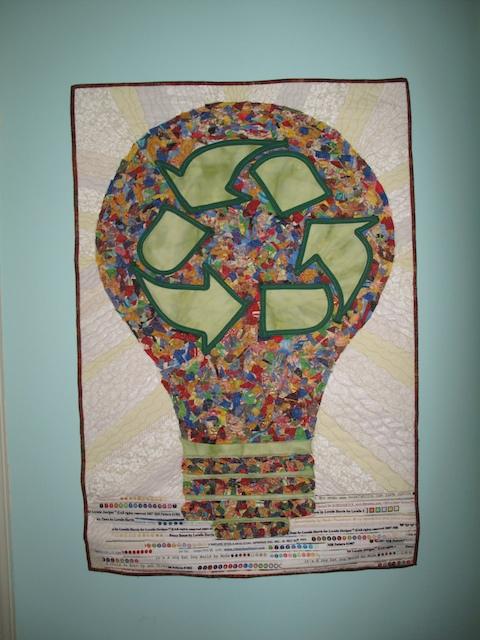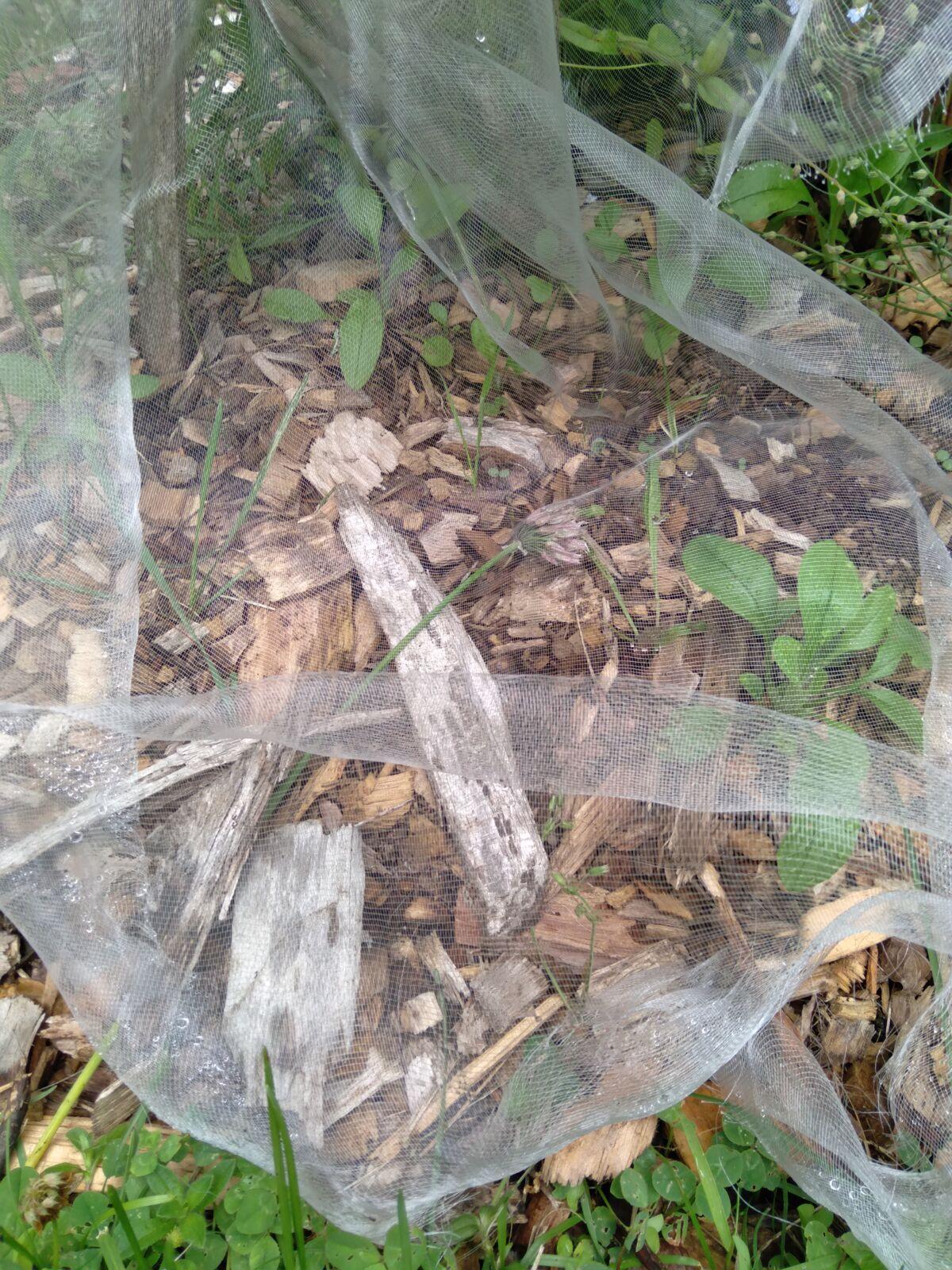
Elizabeth’s childhood home in New England was near a woodland. She loved spending time there. The woods were her playground, her refuge, her friend, her spiritual home. She knew those trees and stones, birds and animals, weathers and skies personally, and she knew that they knew her.
When a storm raged through woods, it toppled many of the trees. Elizabeth was inconsolable. The next time her teacher assigned an essay, she wrote about her grief over the loss of the trees.
When the teacher handed back the graded papers, he kept Elizabeth’s back. Then he read parts of it aloud to the class. He read not out of appreciation but mockery. He called her sentimental. He made it plain to the class that sorrow over the loss of a place was not a serious subject for literature.
This teacher’s cruelty to a student and his hostility to love of nature is a double indictment. Elizabeth was very wounded, yet she has gone on to study, write about, and do ceremony for wounded places like her woodland.
But this is a cautionary story too. Children need to know that it is not only permissible but healthy and normal to feel sad when something happens to a loved place. Parents, grandparents, and teachers must engage children in conversation about their feelings and encourage them to write stories and poems and make art about what they’ve lost and miss. Adults can share their own sense of loss with youth and then help them discover how the natural world around them also copes and adjusts and thrives.
Young people who are open to their feelings of sadness about the loss of nature will grow up to become adults who love and protect the Earth.
Image Credit:
- Friedmann Children 2 Copy: Andrea Friedmann
MORE RADICAL JOY REVEALED
“There’s No Wounding Here”
Every now and then, around this time of year, in the weeks leading up to the Global Earth Exchange, someone emails to tell me they’d like to participate in our annual event of giving beauty [...]
Do It Though No One Notices
A young woman I know who lives in North Carolina considers herself an ardent environmental activist. She belongs to the Sierra Club and The Wilderness Society, works for an organization that runs therapeutic wilderness programs [...]
In Memory of a Cardinal
Radical Joy for Hard Times has always urged our members around the world to give attention and beauty to those places and beings that have meaning for them. It’s not necessary to seek out some [...]


